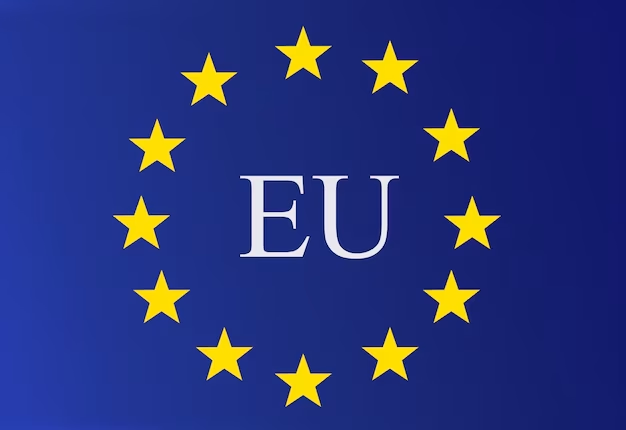Maureen Aguta
Nigeria’s seaports are increasingly serving as key entry points for counterfeit products into West Africa, with far-reaching implications for health, safety, and international trade.
This is one of the findings of a fresh European Union (EU) report assessing the state of intellectual property rights (IPR) protection and enforcement in non-EU countries.
The Report on the Protection and Enforcement of Intellectual Property Rights in Third Countries identifies Nigeria as one of eight nations ranked as “Priority 3 countries” where IP enforcement is a growing concern.
“Argentina, Brazil, Ecuador, Indonesia, Malaysia, Nigeria, Saudi Arabia and Thailand remain Priority 3 countries,” the report notes, emphasising that these countries, while not at the most critical level, still pose significant challenges to EU economic interests.
“Priority 3 countries show some serious problems in the area of IP, causing considerable harm to EU businesses,” the report states.
Although not as severe as in Priority 1 and 2 countries, the report notes, “The gravity and the number of problems identified in these countries are lower than in Priority 2 countries.”
The report highlights Nigeria’s role as a consumer market and a key transit hub in the global trade of counterfeit goods.
“Nigeria’s large seaports serve as maritime gateways for importing fake products to West Africa, including falsified medical products,” the report says.
These include counterfeit pharmaceuticals, which pose grave public health risks, particularly in developing countries where regulatory enforcement may be weak.
In addition, the report points out Nigeria’s involvement in the distribution chain for electronics and other manufactured goods.
“Nigeria is a transit point for fake electronics and electrical equipment produced in China for re-export to other Western African economies as well as the EU,” it says.
A broader scope of counterfeiting activities in the country is also noted, referencing earlier research.
“According to the OECD-EUIPO study on Global Trade in Fakes (June 2021), Nigeria is also exporting counterfeit goods, including leather articles, handbags, clothing, footwear, perfumery and cosmetics,” it says.
This suggests that Nigeria is not just a transit hub, but also a source of fake goods that penetrate international markets.
While acknowledging some positive developments, the report stresses that enforcement and institutional effectiveness remain significant challenges.
It states, “EU stakeholders commend some efforts on local level and by the Nigerian government to improve the protection of IPR. A number of systemic issues remain, however. Protracted IP litigation spans several years preventing rightholders from obtaining effective remedies. Police and customs authorities reportedly suffer administrative bureaucracy which impacts IPR enforcement.”
The quality of IP enforcement is also hindered by limited technical knowledge and public awareness.
“Stakeholders also call for the further improvement of the IPR expertise amongst officials of IPR agencies,” the report states.
“The general public purportedly lacks awareness of IP. The EU will monitor whether the improvements of the Nigerian IP legislation will result in a more efficient protection of IP rights and eventually reduce the negative effects of counterfeits and piracy.”
The report also flags Nigeria’s delays in ratifying key international treaties.
“Nigeria has not yet ratified the Madrid Agreement Concerning the International Registration of Marks, the Madrid Protocol Relating to the Madrid Agreement Concerning the International Registration of Marks and the Geneva Act of the Hague Agreement,” the report states.
These agreements facilitate international cooperation on trademark and design protections, and ratification would represent a significant step toward aligning Nigeria’s IP systems with global standards.
The EU report further notes that its assessment takes into account evolving trade relationships and agreements.
“In addition, this report includes information on countries with which the EU has already concluded or is about to conclude free trade agreements and where one or several concerns related to the IP provisions of the agreements remain and require further monitoring,” it states.
As Nigeria continues to develop its economy and expand trade partnerships, the findings in the report highlight the importance of stronger enforcement frameworks, better institutional capacity, and public engagement on intellectual property rights. Without these, the flow of counterfeit goods through Nigerian ports will likely remain a persistent threat to both regional markets and global supply chains.


